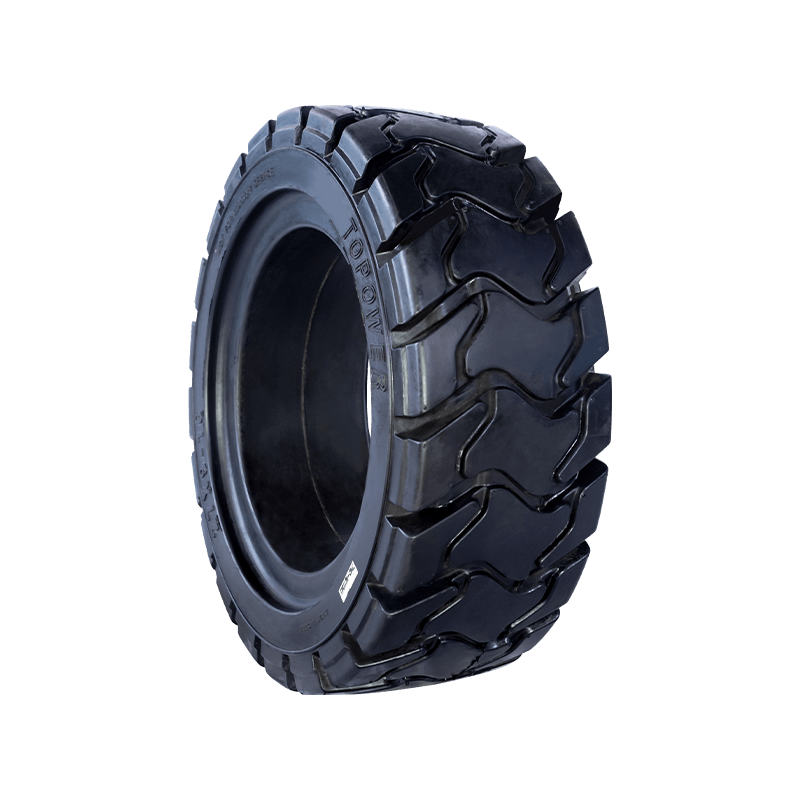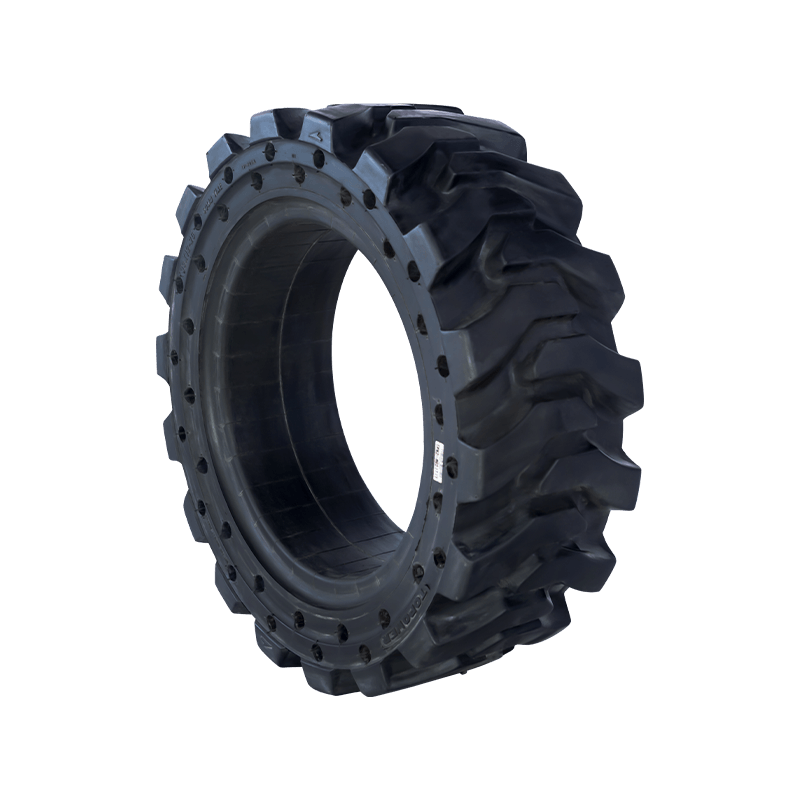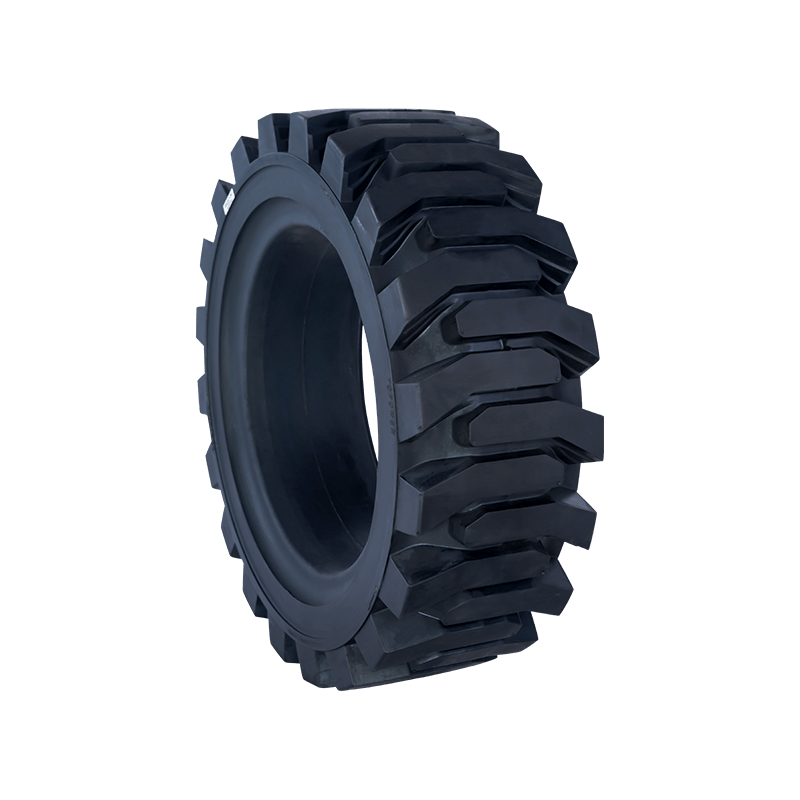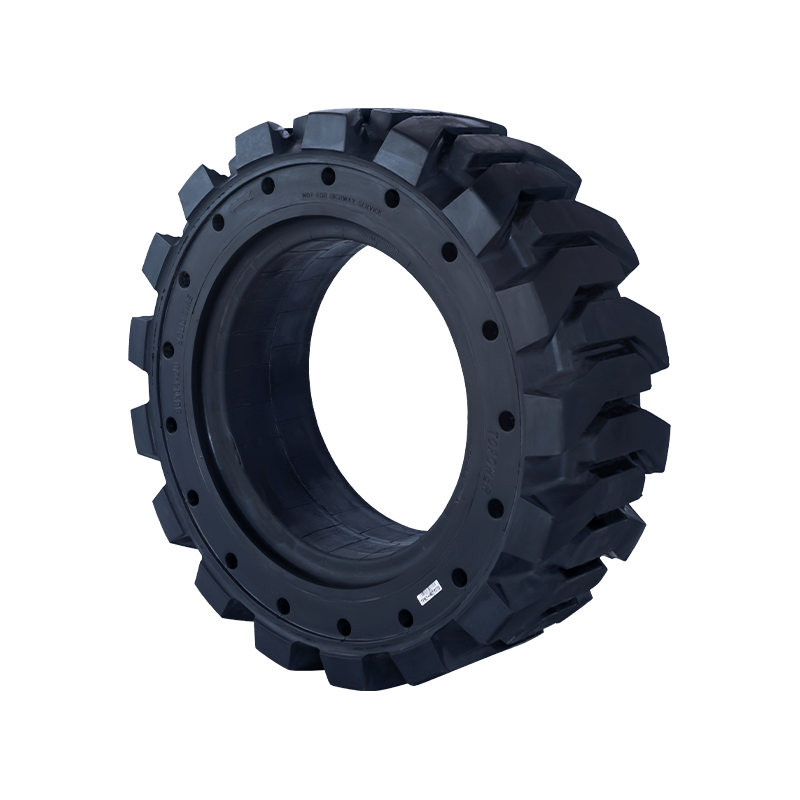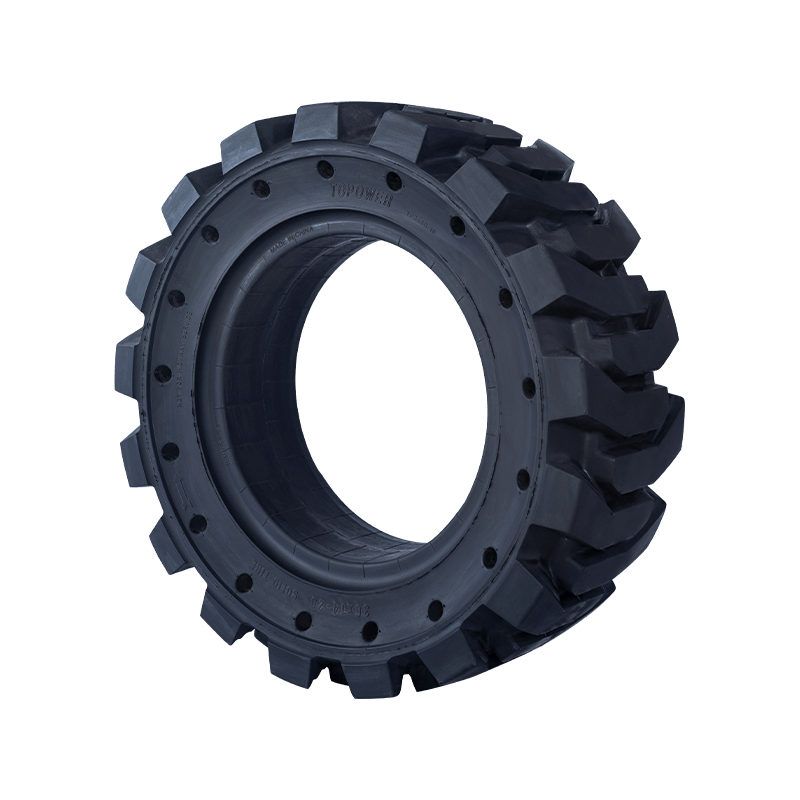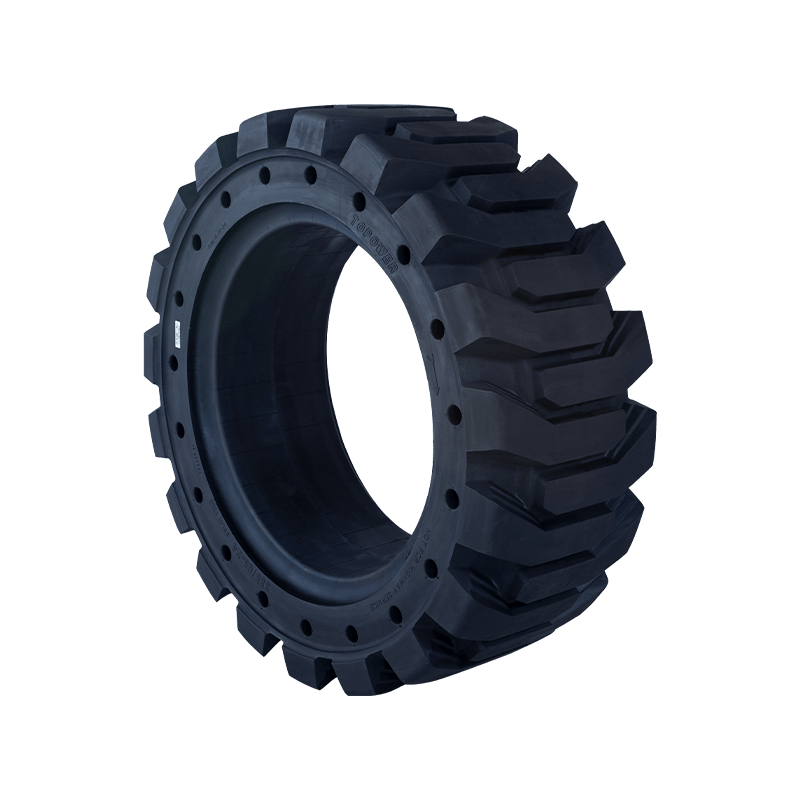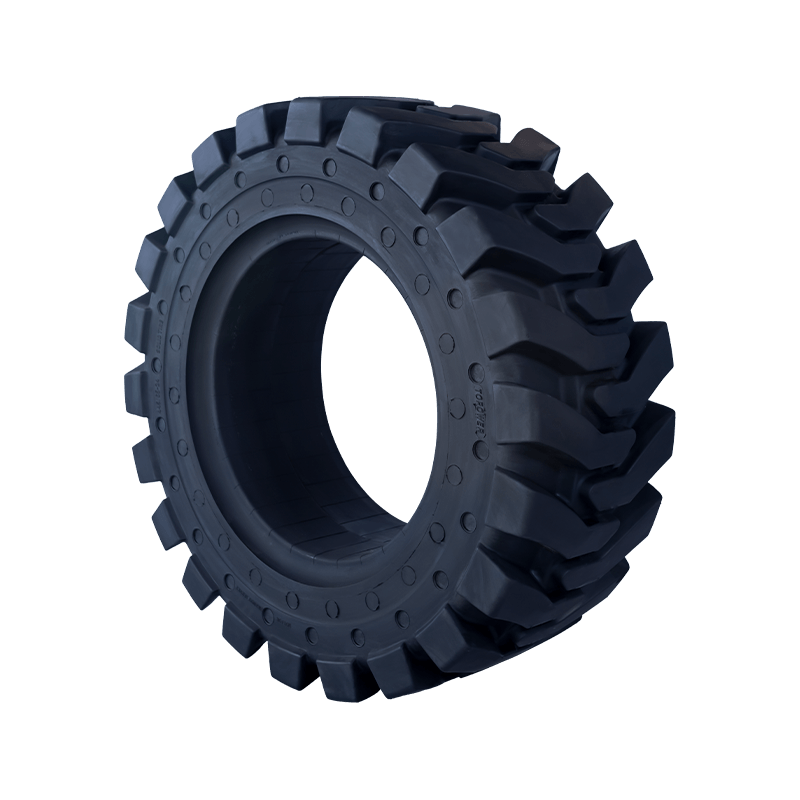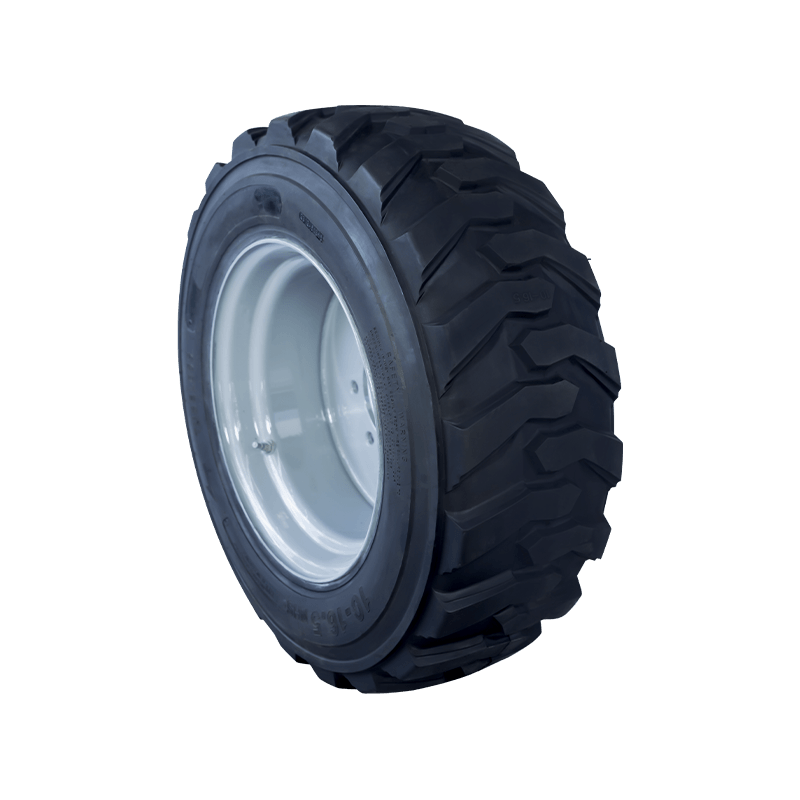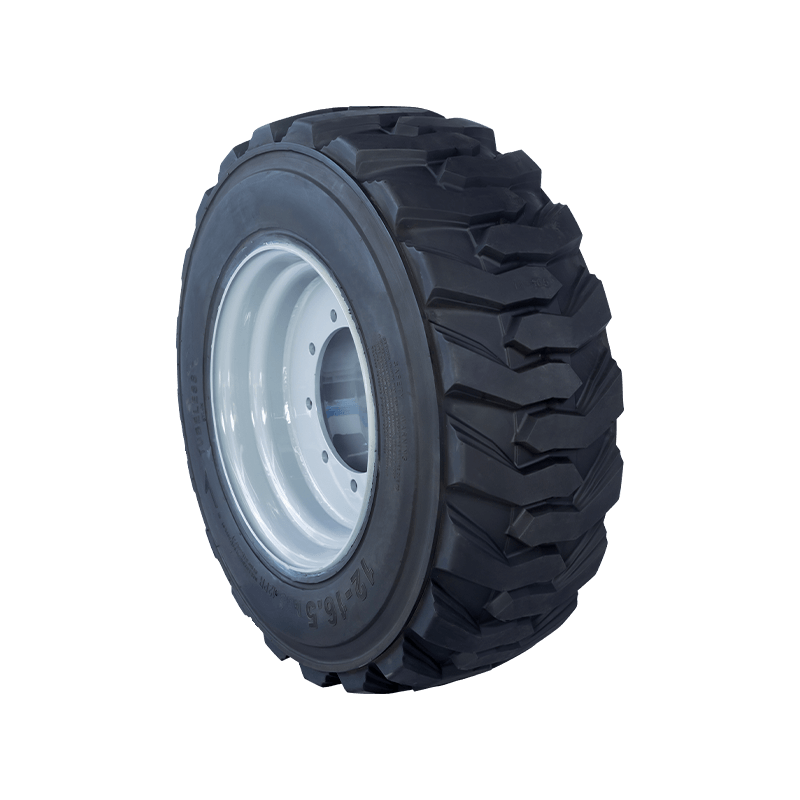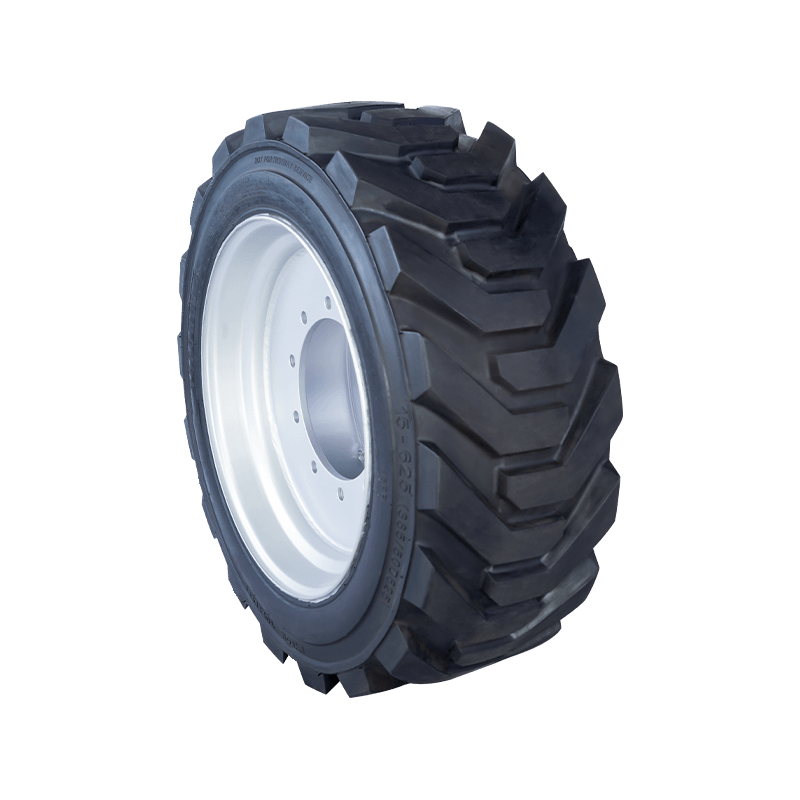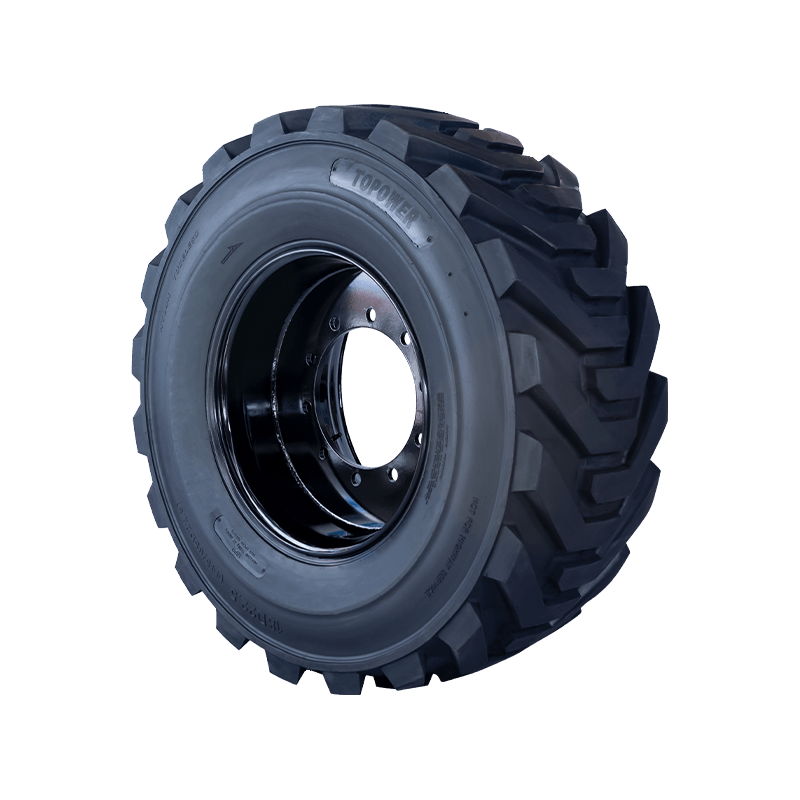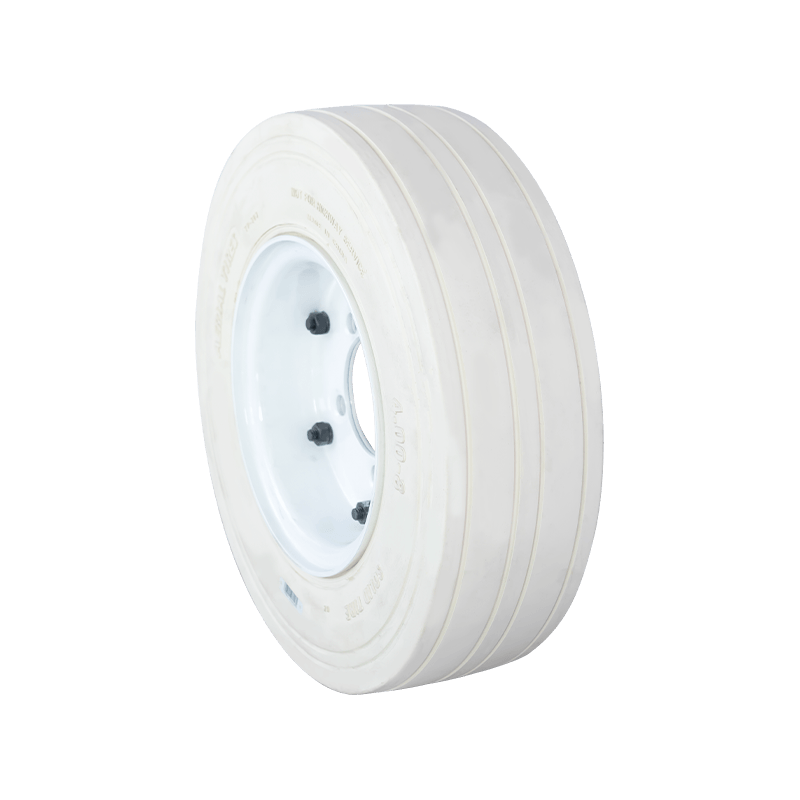Introduction to Polyurethane Solid Tyres
Polyurethane solid tyres, also commonly referred to as polyurethane tyres, are specialized wheels designed for demanding industrial applications where durability, safety, and efficiency are essential. Unlike traditional pneumatic tyres, which rely on air pressure, polyurethane solid tyres are manufactured with a dense, resilient polyurethane material that provides strength, stability, and resilience. These tyres are widely used in warehouses, factories, logistics centers, and material handling equipment such as forklifts, pallet trucks, and automated guided vehicles (AGVs).
The key difference between polyurethane solid tyres and traditional pneumatic tyres lies in their structure. Pneumatic tyres are air-filled, which makes them prone to punctures, flats, and blowouts, while polyurethane tyres are completely solid, eliminating these risks. This not only improves workplace safety but also reduces downtime caused by tyre maintenance or replacements. As industries move toward efficiency and cost-effectiveness, the use of polyurethane tyres is growing rapidly, particularly in environments where heavy loads, frequent use, and exposure to chemicals are common.
Key Features of Polyurethane Solid Tyres
High Abrasion and Cut Resistance:
One of the standout features of a polyurethane tyre is its exceptional resistance to wear and tear. Unlike rubber tyres, polyurethane solid tyres are less prone to cuts, chips, or surface damage, even when used on rough concrete, metal grating, or surfaces with sharp debris. This makes them ideal for industries that operate under high-stress and continuous-use conditions.
Solid Structure that Eliminates Blowouts:
Since polyurethane solid tyres are completely solid, there is no risk of punctures, leaks, or blowouts. This feature enhances safety in industrial and warehouse environments, where unexpected tyre failures could cause accidents or costly downtime. Equipment fitted with these tyres can continue operating smoothly without the need for emergency tyre repairs.
Strong Load-Bearing Capacity and Stability:
Polyurethane tyres are designed to withstand heavy loads, making them an excellent choice for forklifts, pallet jacks, and other material handling equipment. Their rigid structure distributes weight evenly, providing stability during lifting and transporting. This is especially valuable in warehouses where safety and precision handling are critical.
Excellent Chemical Resistance:
Another major advantage of polyurethane solid tyres is their resistance to oils, solvents, and other industrial chemicals. In facilities where exposure to harsh substances is unavoidable, these tyres maintain their integrity and performance far better than conventional rubber alternatives. This extends their usability in sectors such as chemical processing, manufacturing, and logistics.
Longer Service Life with Low Maintenance:
Thanks to their solid structure and durable composition, polyurethane tyres have a much longer lifespan compared to traditional tyres. They do not require regular air pressure checks, patching, or replacements due to flats. This leads to significantly reduced maintenance costs and higher operational efficiency, which is why polyurethane solid tyres are increasingly becoming the preferred option for businesses focused on productivity and long-term cost savings.
Applications of Polyurethane Solid Tyres
Polyurethane solid tyres, also called polyurethane tyres, are widely used across industries thanks to their durability, stability, and maintenance-free design. Their ability to handle heavy loads and resist cuts makes them suitable for a wide variety of material handling and industrial applications.
Forklifts, Pallet Trucks, and Stackers:
One of the most common uses of a polyurethane tyre is on forklifts, pallet trucks, and stackers. These vehicles often operate continuously in warehouses and factories, where smooth handling and safe operation are critical. The solid design of polyurethane solid tyres prevents downtime from punctures, ensuring uninterrupted operation and higher productivity.
Industrial Carts and Material Handling Equipment:
Industrial carts, trolleys, and other material handling equipment benefit greatly from polyurethane tyres. Their high load-bearing capacity and abrasion resistance allow them to move heavy goods smoothly, even over rough or debris-filled floors. This is why many manufacturing facilities rely on polyurethane solid tyres for daily operations.
Warehousing and Logistics Vehicles:
In warehousing and logistics centers, efficiency and reliability are crucial. Polyurethane solid tyres are commonly fitted to automated guided vehicles (AGVs), conveyor carts, and shuttle systems used in modern logistics. Their resistance to wear ensures longer service life, while their ability to handle continuous use supports 24/7 operations in high-demand environments.
Ground Support Equipment in Airports and Port Machinery:
Airports and seaports require equipment that can withstand harsh conditions and heavy-duty workloads. Ground support equipment such as baggage carts, tow tractors, and container movers often use polyurethane tyres. These tyres provide stability and eliminate the risk of sudden blowouts, which is essential in environments where safety and reliability cannot be compromised.
Advantages Over Pneumatic and Rubber Tyres
When comparing polyurethane tyres to traditional pneumatic or rubber tyres, several advantages stand out, making them the preferred choice for industrial and commercial applications.
No Punctures or Air Leaks → Safer Operation
Unlike pneumatic tyres that rely on air pressure, polyurethane solid tyres are 100% solid, which eliminates the risk of punctures, leaks, or blowouts. This leads to safer operation in demanding environments such as warehouses, ports, and construction sites.
Maintenance-Free → Lower Operating Costs
A major benefit of polyurethane tyres is that they require little to no maintenance. There is no need for air pressure checks, patching, or frequent replacements. This helps businesses reduce downtime and cut long-term operating costs, making polyurethane solid tyres a cost-effective solution.
More Durable than Traditional Rubber Tyres
Compared to rubber tyres, polyurethane tyres have a much longer lifespan. Their resistance to cuts, abrasions, and chemical damage ensures they remain reliable even under heavy use. This extended service life provides excellent value for industries seeking durability and reliability.
Performs Better in Harsh Environments
In environments with sharp debris, uneven floors, or chemical exposure, polyurethane solid tyres outperform traditional options. Their superior resistance to oils, solvents, and harsh industrial conditions ensures dependable performance, making them ideal for industrial and logistics applications where reliability is non-negotiable.
How to Select the Right Polyurethane Solid Tyre?
When choosing the right polyurethane solid tyre for industrial or warehouse applications, it is important to evaluate several factors to ensure performance, safety, and long-term efficiency. Since every facility and operation has unique needs, understanding the load requirements, floor conditions, and cost-effectiveness will help in selecting the most suitable polyurethane tyre.
Choosing the Correct Load Capacity:
One of the most critical aspects of selecting a polyurethane solid tyre is determining its load capacity. These tyres are specifically designed to handle heavy-duty tasks, but overloading them can reduce their lifespan and compromise safety. Always check the manufacturer’s specifications for the maximum weight each polyurethane tyre can carry. For forklifts, pallet trucks, and industrial carts, selecting tyres with a slightly higher load capacity than the average expected weight ensures long-term reliability and safety.
Considering Floor Type and Working Environment:
The floor surface and operating environment play a major role in the performance of a polyurethane solid tyre. For smooth concrete floors in warehouses, standard designs provide excellent performance with minimal rolling resistance. However, in environments with rough surfaces, sharp debris, or exposure to chemicals, a reinforced polyurethane tyre with added abrasion and chemical resistance is a better choice. These tyres maintain stability and durability in challenging conditions, making them ideal for ports, airports, and heavy industrial settings.
Balancing Cost vs. Long-Term Benefits:
While polyurethane solid tyres may have a higher upfront cost compared to pneumatic or rubber tyres, their long service life and maintenance-free design often result in lower overall operating expenses. A high-quality polyurethane tyre reduces downtime, eliminates costs from frequent replacements, and enhances workplace safety. Companies should balance initial investment against the long-term savings and performance advantages, ensuring they get the best value for their operations.
In summary, selecting the right polyurethane solid tyre requires careful consideration of load capacity, floor conditions, and overall cost efficiency. With their durability, safety, and reliability, polyurethane tyres remain the preferred choice for industries seeking long-lasting performance in demanding environments.

 English
English русский
русский Español
Español عربى
عربى


